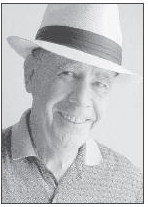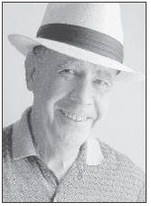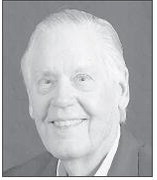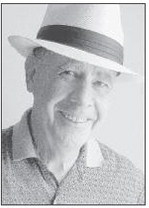Little Park Called ‘The Pocket’


But wait! There was more to the story I scribbled about the swimming hole in the Wood Station Community.
The community was known as Wood's Station for the stage coach station and post office there, according to Uncle Tom Watts. His father had been a real cowboy in Texas and Oklahoma before returning to sink his roots.
The road crossed Taylor's Ridge, and at the apex, some Union Army wagons tumbled off the top during “The Recent Unpleasantness” of the 1860's.
Across the mountain was the Gordon's Springs resort, and several miles south and just east of Villanow, a road turns south. The Pocket Road is named for its destination, “The Pocket.”
The Pocket is in a cove where a couple of mountains come together. It was a place that moved in quiet slow motion, known and enjoyed by the few families that lived nearby.
The only industry was a cotton gin that might have had a store. Otherwise, the nearest store was at Villanow.
The Pocket was known for the spring that flows out of the ground at the rate of hundreds of gallons of frigid water per minute and the only place to really chill off during hot weather.
The water is so cold it makes you suck air through your teeth. Adults rarely enter the creek while kids are in it. A splash of water against your back makes you rise to your toes and bend your back for relief.
Families brought a watermelon or three to chill in the water.
The flat creek with a rocky bottom flows into a lake a couple of miles away, but I've never known of a baptizing hole in it. My grandfather said it was too cold for baptizing.
During the Great Depression, when there were few jobs and folks had no money, people were offered an opportunity to work in an “earn and learn project.” This was a part of President Roosevelt's “New Deal” and there were thousands of camps.
Rather than giving people money to stay at home, they were offered government jobs.
In the late 1930's, a Civilian Conservation Corps (CCC) camp was built at the spring. There are subtle remains of the foundations of camp buildings.
The CCC was a government program to provide honest work for unemployed young men by planting trees, building community buildings, bridges, dams, parks, trails, roads, airports, schools. In return they received job training, a small check, uniforms, medical care, room and board.
When the war started in 1941, all federal money was directed to the war effort and that ended the CCC.
Thanks to the CCC we have that little park known as “The Pocket” to enjoy on a hot day.
joenphillips@yahoo.com








